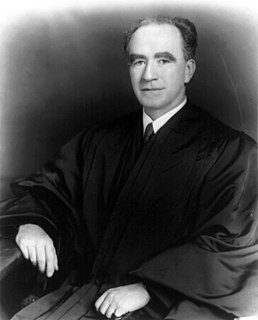A Quote by Marvin Ammori
Much of my work strikes me as pretty unified: as a lawyer, working in several areas, I have thought about how to promote freedom of speech broadly for everyone.
Related Quotes
Charles Burchfield would look at what you were working on and not say anything for several minutes. Then he would very sensitively respond - "Well, have you thought about?" or "Might you consider?" I respected that so much because I thought he was so sensitive to my work, and didn't want to offend me, but in the right way to encourage me.
In China, your freedom is always limited, but this limitation applies to almost everyone. If someone does injustice to you, though, you have to find a way to avenge yourself - even by illegal measures. In a sense, injustice is more personal. This idea has always been in Chinese history. I think we read about freedom of speech, or lack of freedom of speech, in China so often. But I don't think people here in America think about how justice, or the idea of justice, is so important in a Chinese setting. It's probably more important than freedom of speech in the Chinese mindset at this moment.
To me, freedom of speech and debate are necessary inputs in solving any of our nation's problems, from homelessness and economic inequality to banking, the environment, and national security. Freedom of speech is what Larry Lessig would call a 'root' issue; working on free speech is striking at a root issue.
I struggle sometimes superficially with my management or with my own career about how much time I spend traveling or giving myself away to promote my music or myself when I'd rather be gardening or surfing or being at home with my loved ones. And everyone struggles with that; everyone struggles with having to go to work. And I struggle with how humankind ended up this way.
I thought that one of the things that we were losing sight of is the basic reasons that we do protect free speech and freedom of the press and the essentiality and centrality in our lives of really giving broad protection to freedom of speech and freedom of the press in America. I thought I could do that by telling stories of some of the cases that established those principles on a real life on the ground basis.
Thinking about free speech brought me to media regulation, as Americans access so much of their political and cultural speech through mass media. That led me to work on the FCC's media ownership rules beginning in 2005 to fight media consolidation, working with those at Georgetown's IPR, Media Access Project, Free Press, and others.
Very, very broadly speaking, you can put directors into two areas: One for whom you work, and the other with whom you work. And I prefer the latter, for obvious reasons. It's a great relief to feel that you're working with someone rather than for someone. You don't feel that you're being tested, as it were.

































